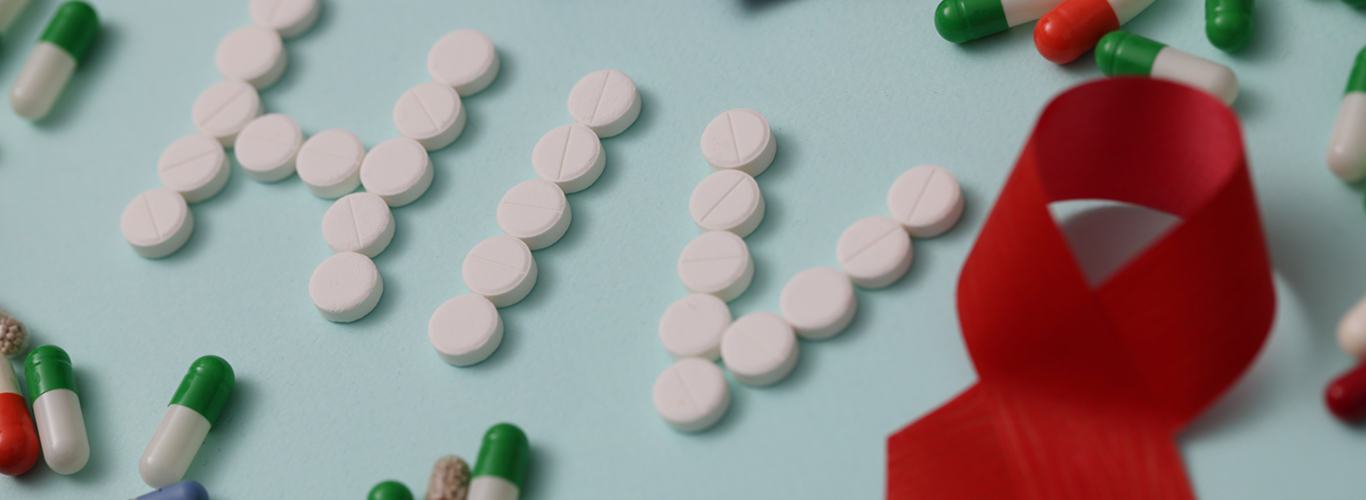Global and Indian Perspectives:
1. Global Prevalence:•The global prevalence of HIV among individuals with a documented Substance Use Disorder varies, but research suggests a higher risk within this population.
2. Prevalence in India:
•In India, the prevalence of HIV among individuals with Substance Use Disorder is a significant concern, particularly in the context of injection drug use and unsafe practices.
Breaking Stigma in HIV:
1. Addressing Misconceptions:•The intersection of SUD and HIV often faces stigmatization. Breaking Stigma in HIV is crucial for creating an environment that encourages individuals to seek help without fear of judgment.
2. HIV Education and Counseling:
•Initiatives focusing on HIV education and counseling are essential components of comprehensive care. These efforts not only dispel myths but also empower individuals to make informed decisions regarding their health.
Risks Faced by Individuals with Substance Use Disorder:
1. Increased Vulnerability:•Individuals with Substance Use Disorder are at an increased risk of engaging in risky behaviors, such as unprotected sex and sharing of needles, leading to a higher likelihood of HIV transmission.
2. Compromised Decision-Making:
•The impact of substances on cognitive function can compromise decision-making abilities, making individuals more susceptible to engaging in high-risk activities that facilitate HIV transmission.
3. Stigma and Isolation:
•Stigma associated with Substance Use Disorder can lead to social isolation, reducing access to HIV prevention education and resources.
Consequences of Untreated HIV:
1. Progression to AIDS:•Untreated HIV can progress to Acquired Immunodeficiency Syndrome (AIDS), a condition where the immune system is severely compromised, making individuals susceptible to opportunistic infections and cancers.
2. Increased Mortality:
•Without proper treatment, HIV can lead to increased mortality rates due to complications related to AIDS.
3. Impact on Mental Health:
•The dual burden of untreated HIV and Substance Use Disorder can significantly impact mental health, exacerbating conditions such as depression and anxiety.
Available Treatments for HIV:
1. Antiretroviral Therapy (ART):•ART is the cornerstone of HIV treatment, suppressing the virus and allowing individuals to lead healthy lives.
2. Integrated Care:
•Integrating HIV treatment with Substance Use Disorder treatment is crucial for addressing both health concerns simultaneously. This approach ensures holistic care and improved outcomes.
Medication Compliance Compromised by Substance Use Disorder:
1. Challenges in Compliance:•Substance use can pose challenges to medication compliance due to erratic lifestyles, forgetfulness, or intentional non-compliance.
2. Integrated Interventions:
•Developing integrated interventions that address both substance use and HIV treatment adherence is essential for optimizing health outcomes.
Barriers to Accessing Substance Use Disorder Treatment for People with HIV:
1. Stigma and Discrimination:•Stigma surrounding both HIV and Substance Use Disorder can discourage individuals from seeking treatment.
2. Lack of Integrated Services:
•Limited availability of integrated services that cater to both HIV and Substance Use Disorder treatment can be a significant barrier.
3. Confidentiality Concerns:
•Concerns about confidentiality may deter individuals from accessing treatment services.
Nursing and Medical Support in Rehab Treatment:
1. Individualized Treatment Planning:•Nursing and medical support play a pivotal role in individualized treatment planning, addressing the unique needs of individuals with both HIV and Substance Use Disorder.
2. Group Therapy in Addiction:
•Group therapy offers a supportive environment where individuals can share experiences, fostering a sense of community and understanding.
3. Confidentiality in Care:
•Ensuring confidentiality in care is paramount for building trust and encouraging individuals to openly discuss their health concerns.
Conclusion:
A Holistic Approach to Dual Challenges The intersection of Substance Use Disorder and HIV necessitates a holistic approach that addresses the unique challenges faced by individuals grappling with both conditions. Breaking stigma, promoting education, and integrating services are vital steps toward creating an environment where individuals feel empowered to seek help. Offering individualized treatment planning, incorporating group therapy, and ensuring confidentiality are key elements in providing effective nursing and medical support in rehab treatment. Samarpan Recovery Centre in Pune stands committed to addressing the complexities of dual diagnoses, offering comprehensive care that addresses both Substance Use Disorder and HIV. By embracing a compassionate and integrated approach, we aim to empower individuals on their journey to sustained recovery and optimal health.
Samarpan is an International standard drug and alcohol rehabilitation centre located in Pune, India providing high quality care in a structured and evidenced based program using our recognised our Bio, Psycho, Social, Spiritual approach and ;rski-CENAPS Relapse Prevention Model, fully staffed with credentialed addictions therapists, 24 hour medical and nursing support in scenic and premium facility. Put recovery at the top of your list, call Samarpan today and take the first step in your journey back to life.
























 Yes, many offer serene environments and solid therapeutic frameworks. However, quality varies, so it’s essential to research accreditation, staff credentials, and therapeutic depth.
Yes, many offer serene environments and solid therapeutic frameworks. However, quality varies, so it’s essential to research accreditation, staff credentials, and therapeutic depth.




